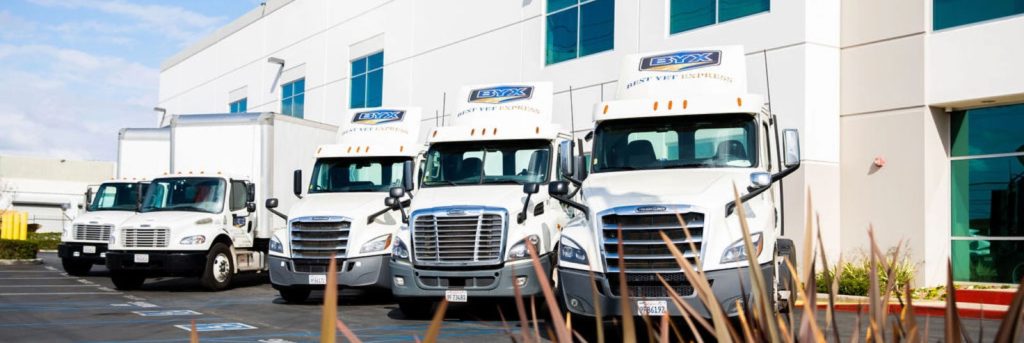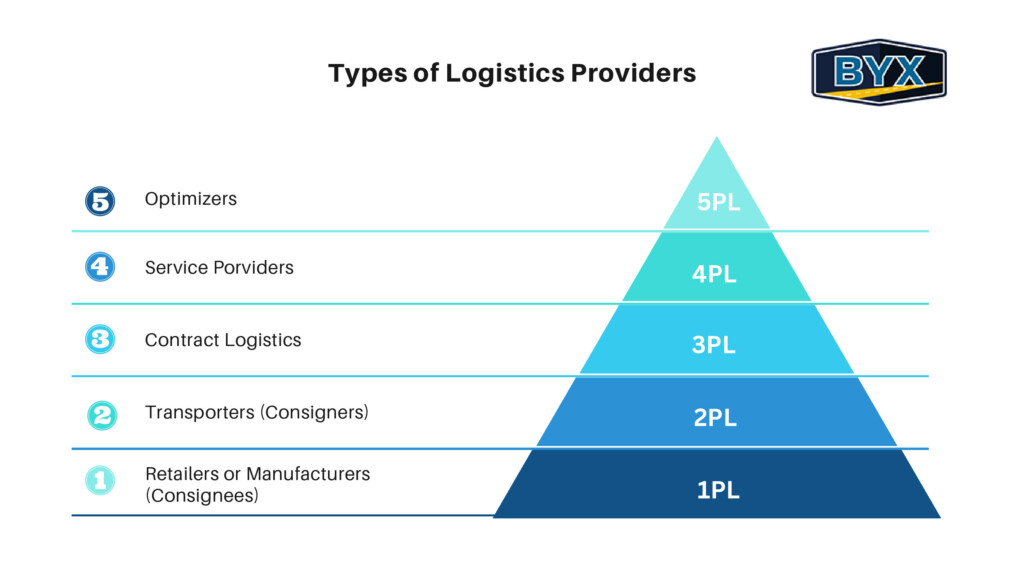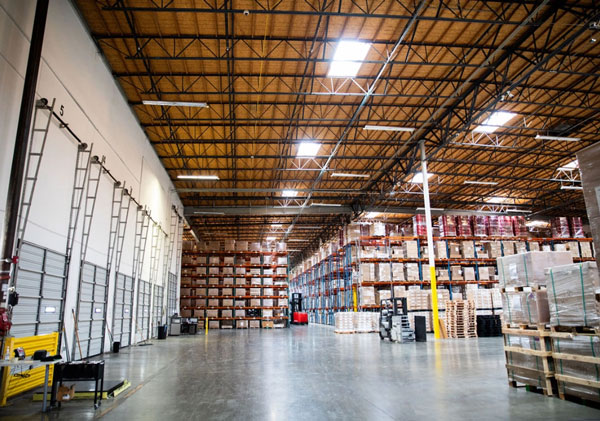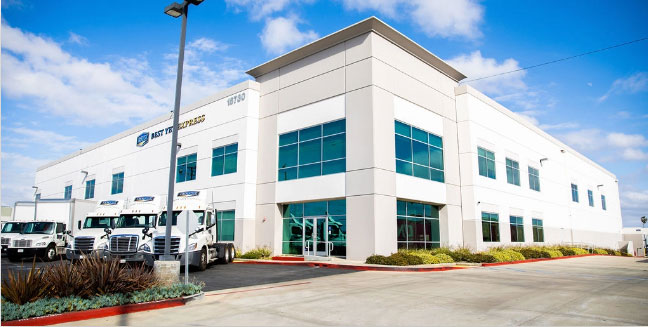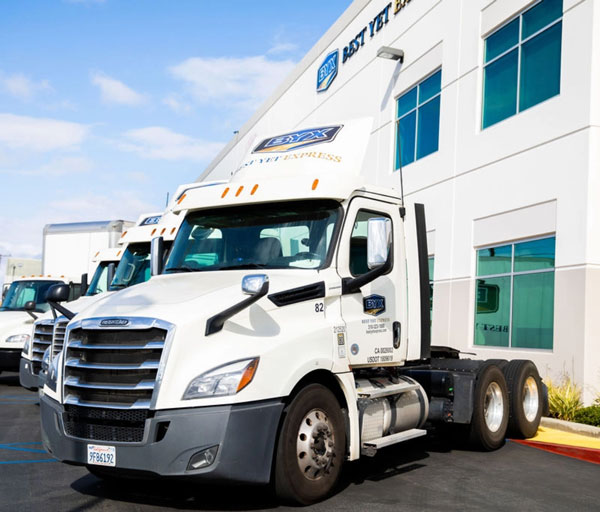Let’s delve into the fascinating world of logistics providers, exploring the various types and their roles in the supply chain ecosystem:
-
1PL – First-Party Logistics Provider:
- The 1PL is the simplest form of logistics provider, often represented by the shipper or consigner of goods.
- They handle the transportation of physical items from a point of origin to a predetermined destination.
- Examples include manufacturers that manage their own transport and logistics activities in-house or single-service providers specializing in specific geographic areas or shipping methods.
- In a nutshell: the producer supplies their product themselves, essentially becoming the producer, supplier, shipper, and receiver of a good.
-
2PL – Second-Party Logistics Provider:
- In the 2PL model, the manufacturer or shipper outsources specific logistics tasks to a carrier or warehouse manager.
- The planning and organization of logistics operations remain the responsibility of the manufacturer, while the 2PL executes the tasks as a subcontractor.
- Examples include courier services, ocean carriers, freight forwarders, and trans-shipment providers.
- In the 1PL model the supplier must use their own transportation, meaning they, sometimes, must manage their own fleet of trucks, planes, and ships and all the associated expenses. Businesses often bring in a second party to ship for them.
- In a nutshell: A 2PL is any business that focuses on transportation…like BYX!
-
3PL – Third-Party Logistics Provider:
- The 3PL is a specialized service provider that offers integrated logistics solutions to manage various aspects of the supply chain.
- They typically handle warehousing, transportation, distribution, and value-added services tailored to meet the specific needs of their clients.
- Examples include freight forwarders, courier companies, and companies offering comprehensive supply chain management services.
- 3PLs provide complex logistics services. While the business maintains control and management over the supply chain, the 3PL finds ways to improve the supply chain. It’s outsources logistics.
-
4PL – Fourth-Party Logistics Provider:
- The 4PL takes a more strategic role in managing the entire supply chain on behalf of the client.
- They oversee the coordination of multiple logistics providers, optimizing processes, and leveraging technology to drive efficiency.
- Examples include consulting firms and companies specializing in supply chain management and optimization.
- A 4PL is similar to 3PL, but with an extra step. If you go this route you’ll be surrendering control of your entire supply chain and letting the 4PL take over.
-
5PL – Fifth-Party Logistics Provider:
- The 5PL represents the integration of technology and logistics expertise to manage networked supply chains.
- They leverage advanced technologies and strategic partnerships to deliver innovative solutions and concepts.
- Examples include companies specializing in e-commerce logistics, last-mile delivery, and supply chain network optimization.
- Going beyond 4PLs, 5PLs manage every step of the supply chain, from production to delivery.
- This is the least commonly used Party Logistics and is best used for some niche industries.
Each type of logistics provider plays a crucial role in ensuring the smooth flow of goods and information throughout the supply chain. Businesses should consider what level of support is appropriate for them. The business specifics will determine that choice. If a business prefers to be closer to the decision-making process, a 4PL, 5Pl and even 3PLs may not be the best choice.
If a business prefers a hands-off approach and can afford the hefty price tag, these may be viable options to be considered. Outsourcing allows stakeholders to focus on other critical business pieces, however, it comes with a certain level of risk that must be examined before decisions are made. Whether it’s managing transportation, warehousing, distribution, or strategic planning, logistics providers are essential partners in driving efficiency, reducing costs, and delivering value to businesses and consumers alike. Be sure you choose the right option for your business.
